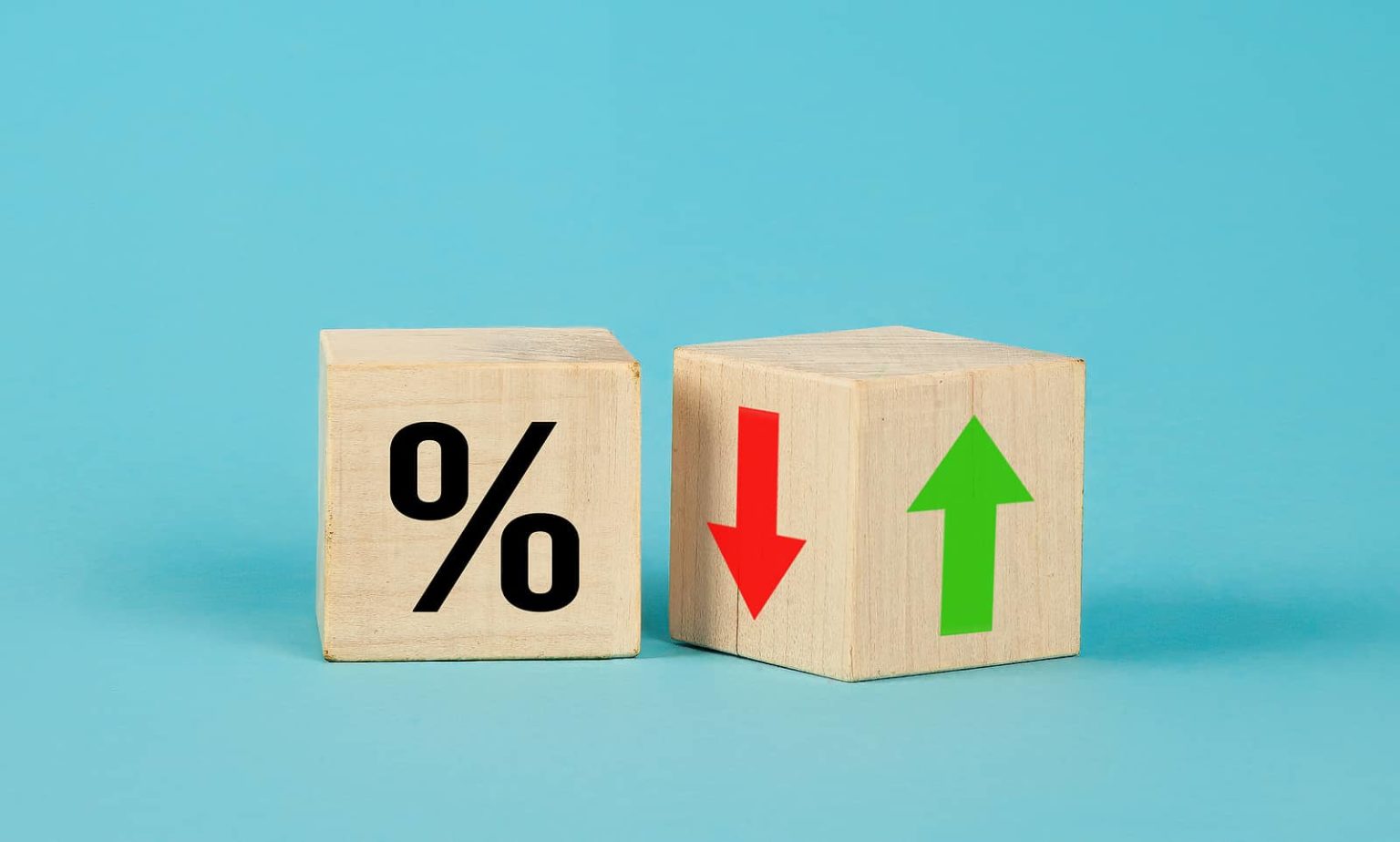As mortgage interest rates in Canada have increased there have been questions about a little know clause called the mortgage trigger rate. Canadian banks generally offer two different types of mortgage, one is a fixed mortgage with a set interest rate and term the other is a variable interest rate mortgage. Over the past decade many of borrowers have chosen to get a variable mortgage which usually has a lower interest rate than a fixed mortgage.
As the Bank of Canada lowered its interest rate the major Canadian banks offered some of the lowest rates in their history. Lenders were offering variable mortgage rates as low as 1.0% from 2019 to 2021. The ultra low interest rate of 1.0% was basically unheard of in the Canadian lending market and many borrowers rush to get this variable rate. These same borrowers were probably unaware that a trigger rate mortgage means that the lender can demand increased monthly payments if the variable rate interest gets too high.
What is a Trigger Interest Rate?
With variable mortgages the borrower pays a fixed amount of money per month to the lender. As the interest rate goes up or down the amount of interest charged also goes up or down. But, if the interest rate increases the interest per month to an amount that exceeds the monthly mortgage payment, the lender will demand a higher monthly payment, this is the trigger rate. Most mortgages have a 25 year term, banks and other lenders generally can’t exceed a 60 year amortization period. Exceeding the 60 year amortization period would also trigger an increase in the monthly mortgage payments. The triggering interest rate can be different for every variable mortgage.
How Does a Variable-Rate Mortgage work?
A variable rate mortgage, also known as a trigger rate mortgage, means that the interest charged by the lender can change but the monthly payment would stay the same. The lender can raise or lower the interest rate charged to the borrower at its own discretion. Each month the lender sets its own lending rate for variable mortgages and then charges the borrower the new rate. Variable rates can change every month but are usually cheaper than the guaranteed, fixed rates.
For example, if you had a $500,000.00 mortgage and your variable rate was 2.0%; your interest for the year would be $10,000.00. If the variable interest rate dropped to 1.0%, as happened during the pandemic, your interest for the year would be $5,000.00. This means that you would be saving $5,000.00 per year interest charges, this money could be directly applied to reduce the principal balance that you owe on your mortgage. If your mortgage amount was larger or your interest rate greater your savings by switching to a variable mortgage would be greater. This large savings is what attached so many people the variable mortgages.
Should I Choose a Fixed-Rate or Variable-Rate Mortgage?
The decision to choose a fixed or variable mortgage is unique to each person circumstance. Every borrower has a number of factors to consider before choosing a fixed or variable mortgage. Some of the factors to consider are direction of interest rates, the amount borrowed and your ability to pay the mortgage.
The most important factor to consider for a variable mortgage is the direction of interest rates. Are they going, up, down or will they be stable for a period of time. Nobody knows for certain what the interest rates will be in the future but there are some very strong indicators that can help you. The Bank of Canada puts out a number of reports each year indicating where they think the interest rates are headed, these are usually very boring and difficult to read reports, we suggest you go online and get a synopsis of the report. Also, look up online articles from reliable sources such as BNN, T-D Bank or RBC. This combination of sources will give you an educated guess on the direction and timing of any future interest rate changes.
The next biggest factor is the amount of money owed on your mortgage. If you have a small mortgage, a poor decision will not impact your financial situation in a meaningful way. If you have a large mortgage, making the right choice on interest rates can be very important.
Your income or ability to service the monthly interest charge is also important. Borrowers should consider what may happen if the cost of the variable interest increases to an amount that they cannot afford. All borrowers need to consider the risk that comes with a variable mortgage.
How to Pick the Right Mortgage as Interest Rates Rise
Choosing the best mortgage for your situation requires some work and research. Go online and use a rate comparison site to find which lender has the lowest interest rate. Ask the lender about their mortgage trigger rate and conditions associated with it.
At this point in time the Bank of Canada has already increased its rate 3 times and has indicated that more increases are to come. So what should a borrower do at this point in time? First look at what the Bank of Canada has said it will do in the future.
At the time of writing this article the average 5 year variable rate was 4.25% and the average 5 year fixed rate was 5.25%, therefore a fixed mortgage will cost you about 1.0% more. If mortgage rates are projected to increase by greater than 1.0% getting a 5 year fixed mortgage would be the better option. If mortgage rates are projected to stay the same or decrease in the future then staying with a variable mortgage would be the better option.
You should also consult with a mortgage broker on variable mortgages and the trigger rate. A mortgage broker pays attention to the Bank of Canada projections and has an understanding of where interest rates are going. A broker can review your situation and give you suggestions as to whether a variable mortgage or a fixed mortgage is best for you.



